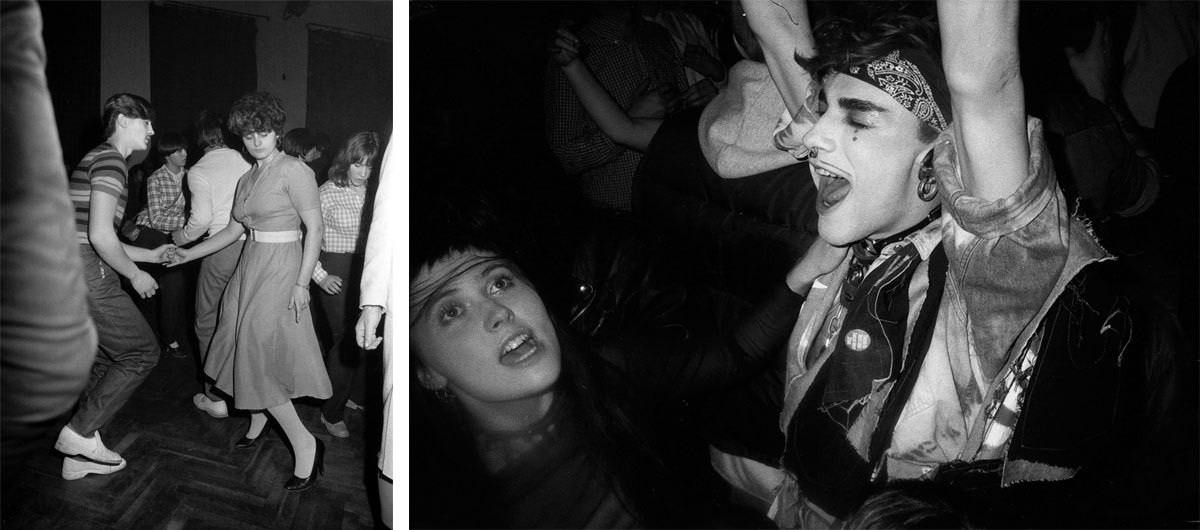Photographers Wanda Martin and her father Gábor Martin may have spent their twenties 1,000 miles and more than four decades apart — Gábor behind the Iron Curtain in 70s socialist Hungary and Wanda in today’s London — but their joint series on nightlife and youth culture demonstrates that the desire to party is both timeless and universal.

“I got involved with this post-subcultural scene that you can see at specific nights and clubs in East London now,” Wanda tells i-D. “These people and the parties echo the subcultures that our parents started as a rebellion against the political regimes and to give voice to their dissatisfaction. The drive of the youth was always the same: forgetting about reality — work, everyday struggles — for some stolen hours and just having fun, dancing, drinking and falling in love, regardless any political regime.”
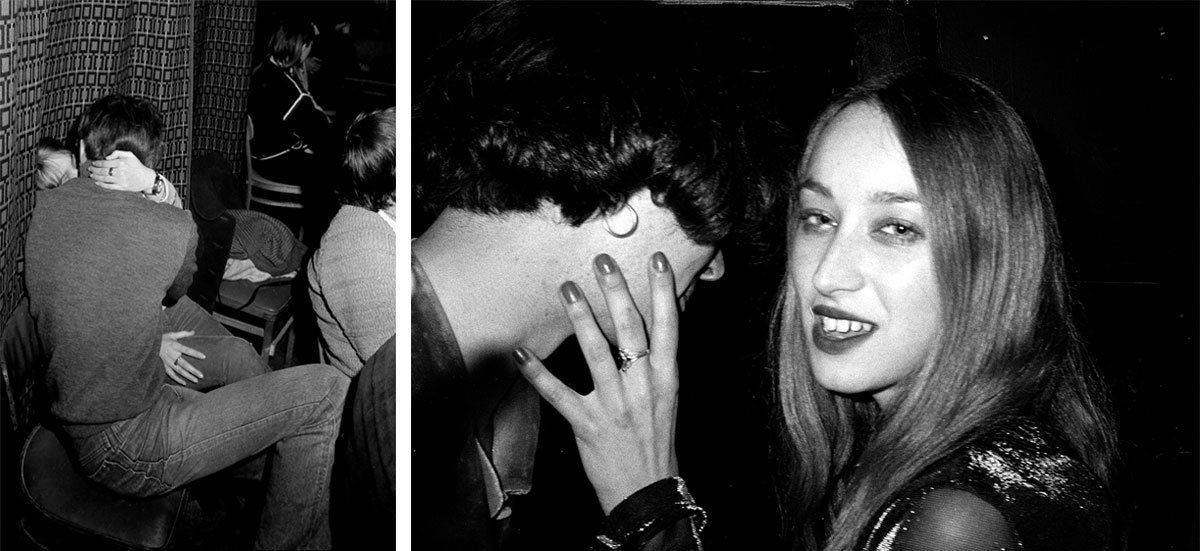

Wanda is following in her father’s footsteps as a photographer, but hadn’t predicted the ways in which her nightlife project would complement a series on the eastern European beat scene shot by her father when he was her age, working as a photojournalist in the then-socialist Hungary. “You can hardly tell the pictures apart, which we thought perfectly depicts how rebellion is coded into the DNA of any youth culture even if it’s without a cause,” she says. Published here side by side, the images on the left are Gábor’s and those on the right are Wanda’s.
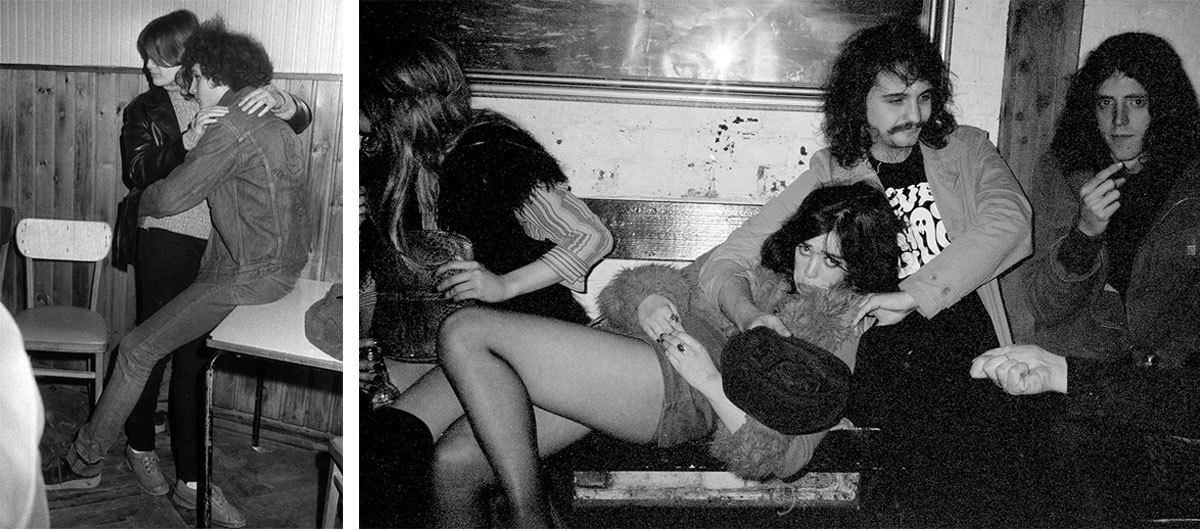
“Those of us who lived our ‘rebellious’ teenage years behind the Iron Curtain, we all remember how difficult, or rather impossible, it was for us to get our hands on the desired western fashion items such as denim jeans and of course vinyls and records of beat music and other cultural paraphernalia,” Gábor Martin explains. “We were all crazy for denim but in a Hungarian high school in the 70s, from about 400 students only three would own a pair of Levis or Lee denim jeans. The political regime was suspicious about everything coming from the West as it could ‘corrupt the mind of the youth’.”
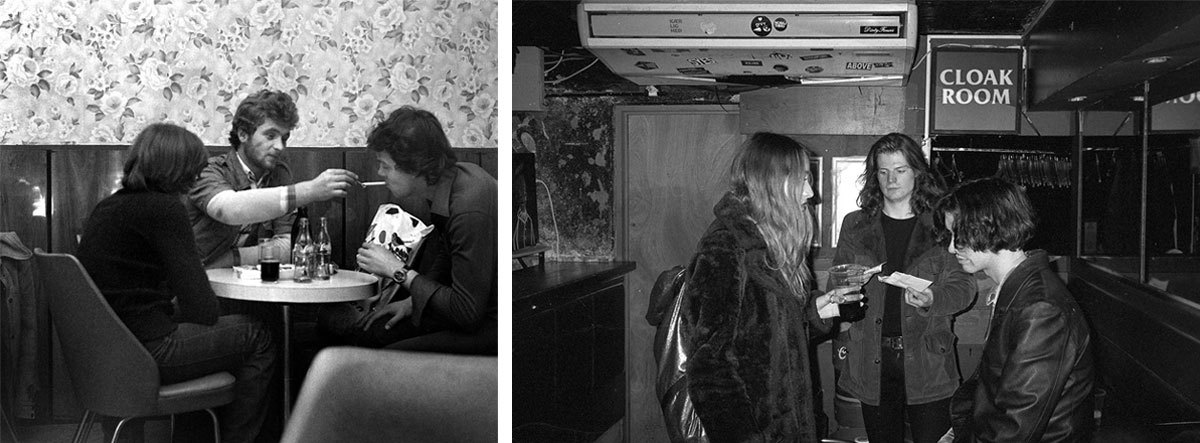
Describing the nature of rebellion in 70s Hungary, Gábor says it “was exactly the opposite of the ones in the evolving subcultures/youth cultures of the west. For example, the hippies in the States were rebelling against every aspect of a conformist society, whereas under Socialism we were ‘rebelling’ against the shortage of goods, political repression, freedom of press and speech and the low standards of living”.

“The beat music for us was an ecstatic experience, we could only imagine how things would be different in the western countries based on what we would gather from the music,” Gábor continues. “We only had the chance to listen to some beat songs once a week on Saturday afternoons on Radio Free Europe/Radio Liberty which was broadcast from Munich, but obviously the channel was prohibited and the broadcast was purposefully distorted. The only other way of listening to some beat music was from smuggled in records from Yugoslavia. You can imagine how desirable this ‘western music’ was for us as a kind of symbol of a better life that we could only dream of at the time.”
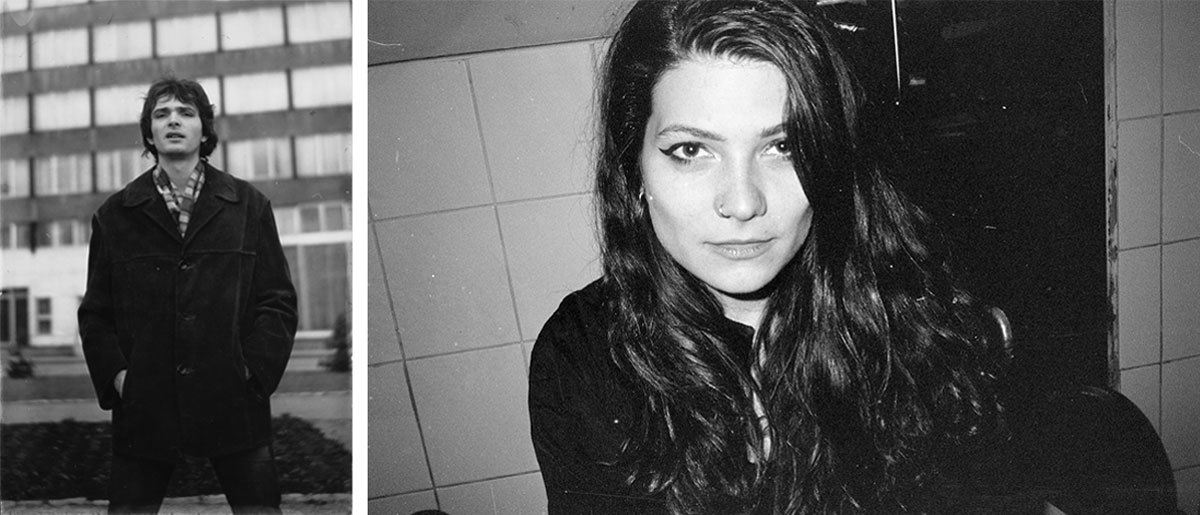
Credits
Text Charlotte Gush
Photography Gábor Martin and Wanda Martin
